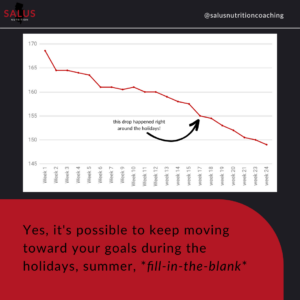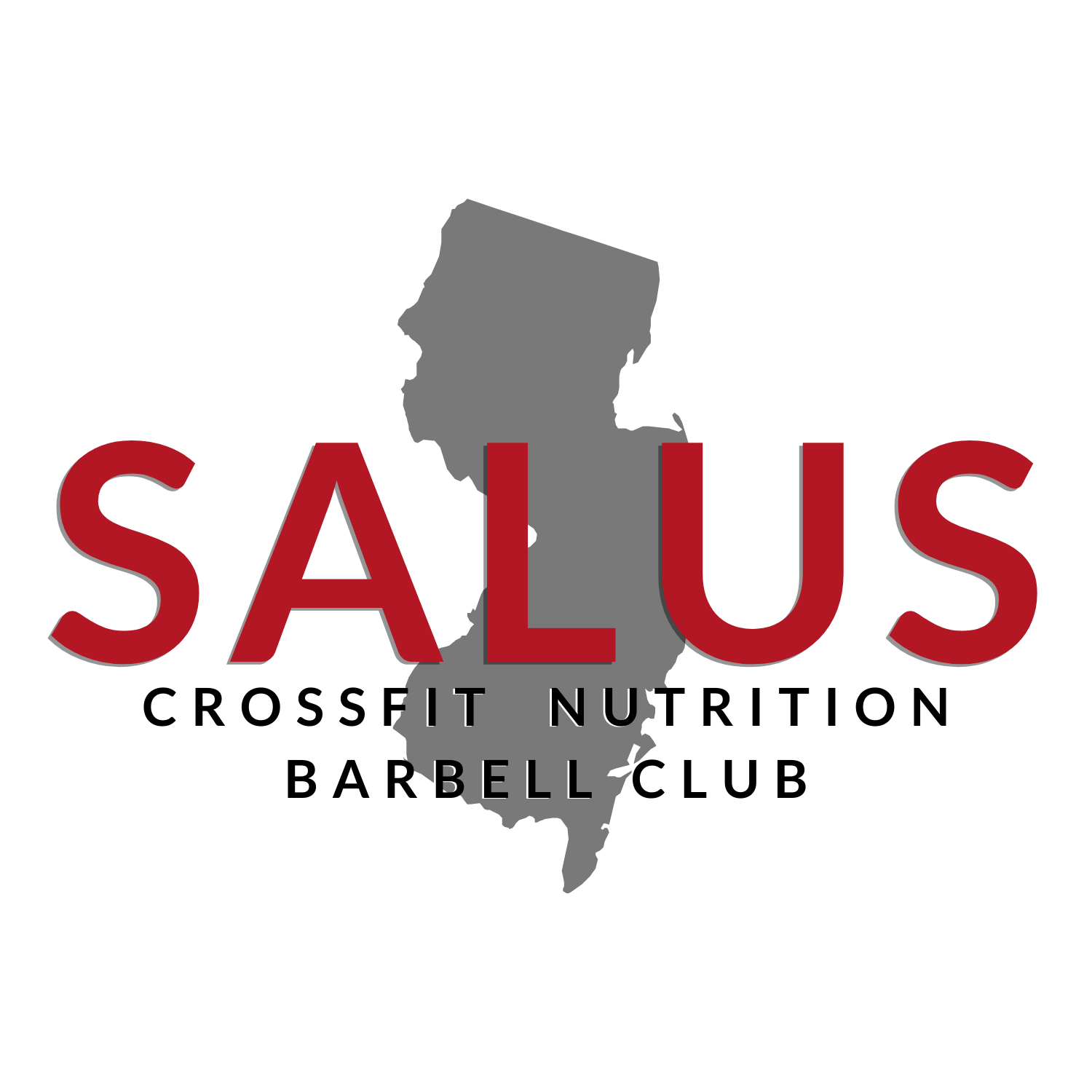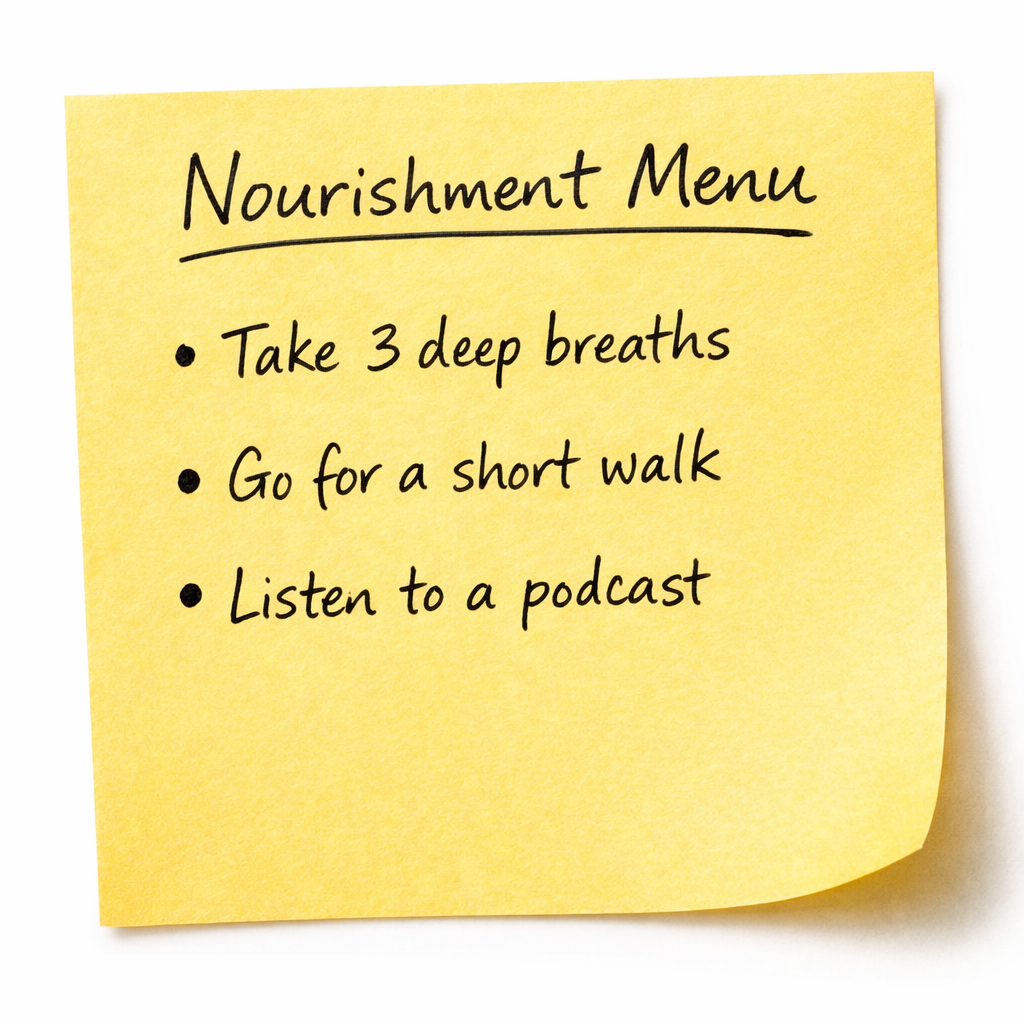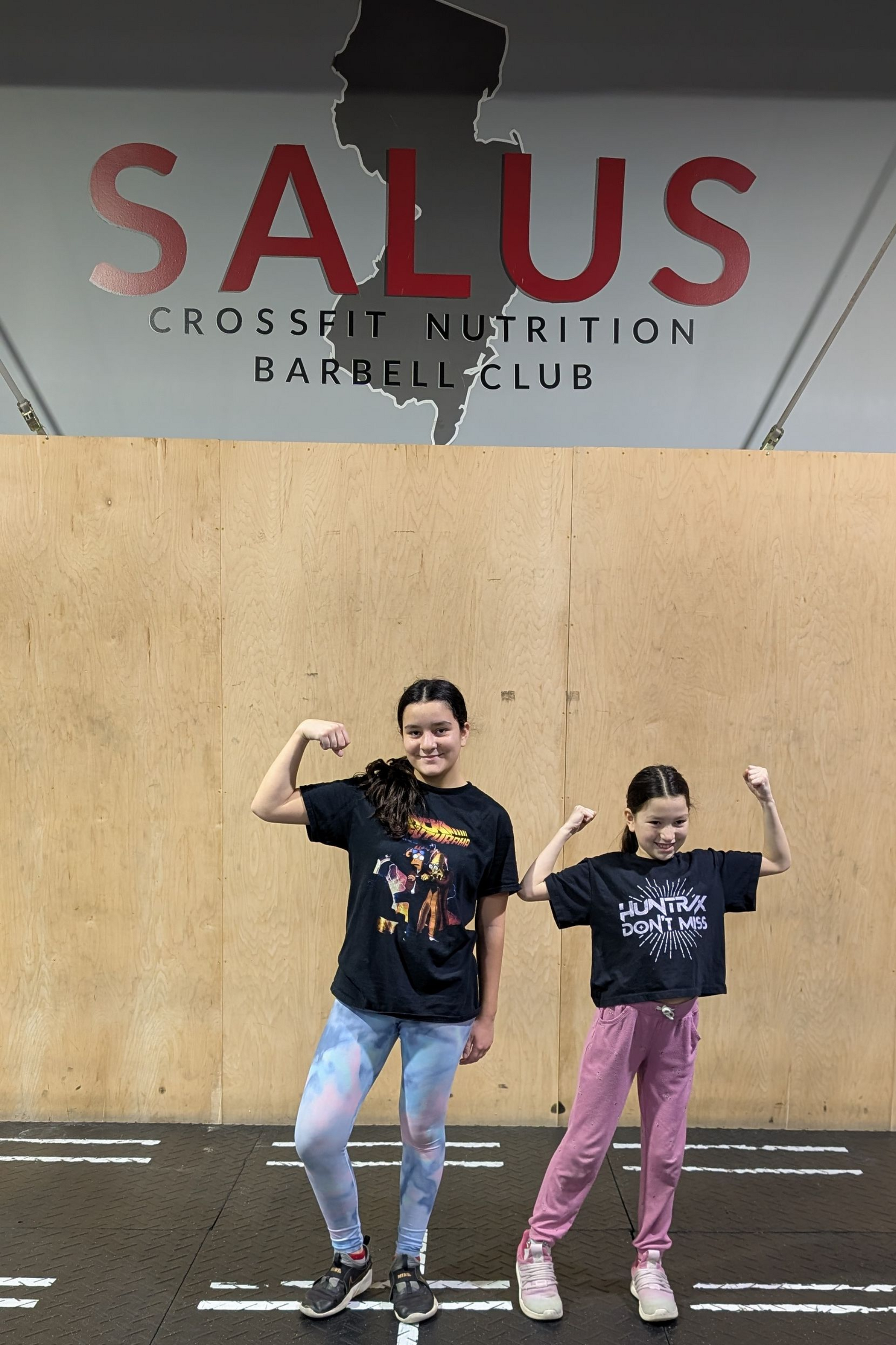Menopause and Nutrition – Is It Still Possible to Improve Body Composition?
Menopause and Nutrition – Is It Still Possible to Improve Body Composition?
~20 lbs down in 6 months…let me tell you about my client!
She came to me feeling frustrated and hopeless.
“I don’t recognize the person in the mirror.”
Tired of trying methods that didn’t work in the long run – (Keto worked initially, but when she reintroduced foods, the weight returned) She often found herself snacking when she wasn’t really hungry because she wasn’t getting in the right balance of macronutrients.
She was worried about how to eat to support her stage in menopause but she felt stuck wondering what to do.
Sound familiar?
You’re not alone.
In the menopausal transition, lowering estrogen levels have been associated with loss of lean body mass (LBM) and increase in fat mass. Research shows that menopause is associated with increased prevalence of obesity, metabolic syndrome, cardiovascular disease, and osteoporosis.
Yes, It is Possible to Improve Body Composition Through Nutrition During Menopause
In just 6 months, my client didn’t just lose close to 20 pounds (over 8% body fat lost!) but she has drastically improved the quality of her life and her relationship with food, exercise, and her body.
That’s right – during menopause, she lost fat and maintained her muscle by making nutrition changes.
Best of all, she made this progress even through the holidays and she’s still crushing it. I couldn’t be happier for her!
Now, listen. She does the work and she does it consistently. She is open and honest when she’s struggling and we work through it with her. This is what she had to say:
“CrossFit Salus was the best way for me to get started and stay motivated. I make time for myself with walking, getting enough sleep, lifting moderately, eating with intention, eating healthy carbs and focusing on my why. I want this to be long term weight loss and to stay healthy and focused.
Angela helps keep me on track with weekly check ins, keeping me accountable and reassures me that I’m on the right track… even when I’m unsure.”
All it takes is the decision to change and show up for yourself for once. It’s time to ditch the dieting mindset and embrace a mindset and lifestyle change.
For good.
Menopause Nutrition Considerations
Luckily, the foods you eat have the opportunity to make a significant difference on your body composition and symptoms. Here are a few general recommendations:
Clean it up.
Take time to read labels, avoiding saturated fats, trans fats and sugars. Or better yet, eat more foods that don’t have a label.
Add bulk.
Include high-fiber foods to help you feel fuller longer and vegetables to boost micronutrient consumption. Aim to have at least 1 1/2 cups of fruit and 2 cups of vegetables each day.
Protein.
Ageing increases dietary protein requirements because skeletal muscles reduce their capacity of activating protein synthesis in response to anabolic stimuli, possibly due to insulin resistance. In fact, some studies show that higher protein intake is associated with higher lean body mass in postmenopausal women.
The suggested amount? 1.2 g/kg body weight – that’s up from the recommended (minimum) of 0.8g/kg.
Sound like what you need? I can help.
Send me a message at nutrition@salusnj.com
and I’d be happy to chat with you about where you are currently, where you’ve been, where you want to go, and how I can help you put the pieces together.
www.salusnj.com/nutrition

The post Menopause and Nutrition – Is It Still Possible to Improve Body Composition? appeared first on Salus.




